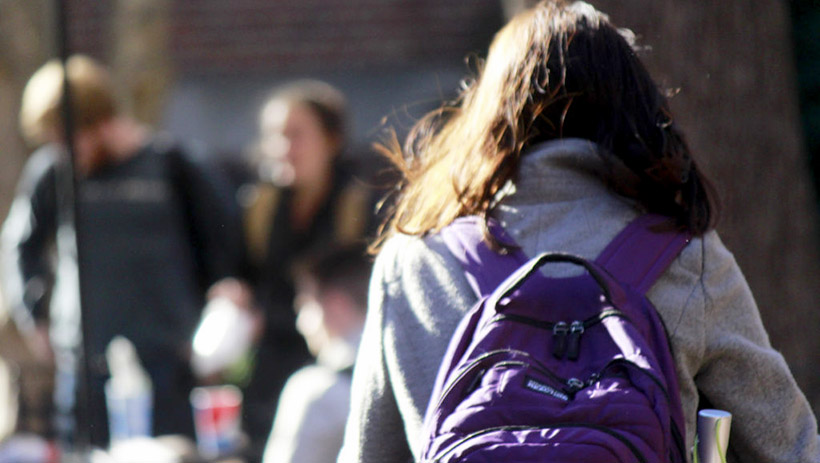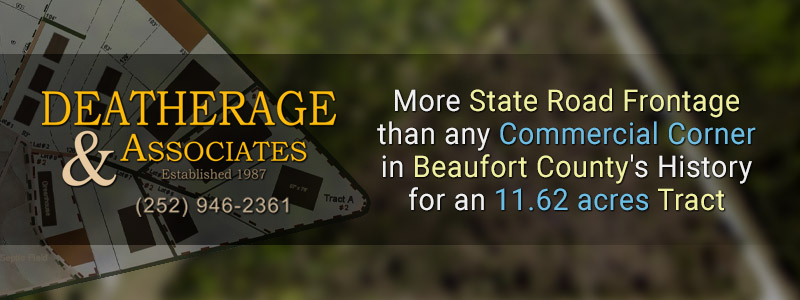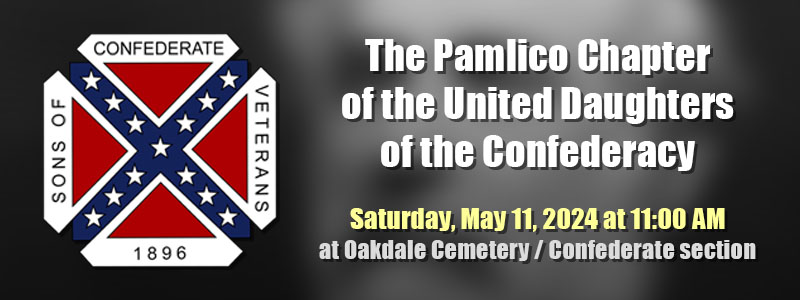REAL News for REAL People
On School Safety, Smarter Strategies for Preventing Harm
Publisher's note: This post appears here courtesy of the Carolina Journal, and written by Kristen Blair.

A new school year is weeks away, bringing new strategies for keeping kids safe. Topping the list: A smartphone app leveraging the eyes, ears, and savvy of students. Called Say Something, the app enables students to submit anonymous tips about threats on social media or at school. It's a smart strategy built on this reality: Early intervention saves lives.
Anonymous reporting tools aren't new - Colorado implemented Safe2Tell five years after the Columbine shooting - but calls for widespread implementation surged following 2018's Parkland, Florida shooting. The Federal Commission on School Safety and North Carolina's Special Committee on School Shootings urged adoption of reporting systems.
State statute requires every public middle and high school to implement anonymous reporting systems, effective July 1. Districts can choose any system meeting state guidelines but Say Something, funded through General Assembly allocation, costs them nothing.
Response to Say Something has been strong. "Roughly 70% of the 115 school districts and close to 80% of the charter schools have already signed on for the program," says Joe Maimone, chief of staff at N.C.'s Department of Public Instruction. The rest have other systems in place.
Say Something's tentative "go live" date is Nov. 1. Maimone says deployment may accelerate if training, particularly to 911 units, finishes faster. Sandy Hook Promise, Say Something's developer, is leading training. Founded by bereaved families following the Newtown, Connecticut shooting, SHP is turning "tragedy into a moment of transformation," authoring the federal STOP School Violence Act and launching Say Something in 5100 schools nationwide.
There's much to applaud about Say Something. It's intuitive, easy. Students submit tips using the app, website, or hotline. Categories include suicide threat, bullying, bragging about an attack, and more. A crisis center evaluates tips, referring them to school teams or 911 dispatch, if warranted.
Evidence supports utility and need. N.C.'s pilot with a similar app, SPK UP NC, was based on this: Most kids say they'd use a reporting system, if assured of anonymity. There's no fear of reprisal. Knowing and reporting warning signs is key: In four of five school shootings, someone knew of a perpetrator's intent but didn't report. Among those committing suicide, 70% shared plans or warning signs beforehand, SHP notes.
Say Something is proactive, efficient. It identifies those at-risk and intercepts them before problems occur, says Bo Trumbo, newly-appointed director of NC's Center for Safer Schools. District threat assessment teams "can adjust to the circumstances," says Trumbo, affirming a comprehensive, multi-dimensional approach: "It's not always a law enforcement action, not always a mental health action. It's an all-inclusive action."
School Safety Grants, established in 2018, build out local support. Grants fund more school resource officers and school mental health professionals; strengthen school security; and expand community-based interventions.
That's wise. Also, essential: Understanding protective factors; this is as important as researching risk factors, notes the Centers for Disease Control. This starts early. Close connections to parents and adults, consistent parental presence, supportive communication, positive coping strategies - these make a profound, protective difference. Adults teach kids their first, most enduring lessons about how to be human.
There's no singular solution to the heartbreaking problem of school violence. But state leaders are providing intelligence and infrastructure to intervene early and mitigate risk. With Say Something, they hope to "curtail and reduce the number of 911 calls, potential teen suicide issues," says Maimone. SHP testimonials bear witness to lives saved, he says, and "this is the big hope in North Carolina - that this program can effectively engage students in the process of helping each other." That's my hope, too.
Kristen Blair is a Chapel Hill-based education writer.
Go Back

Photo: Kari Travis/Carolina Journal
A new school year is weeks away, bringing new strategies for keeping kids safe. Topping the list: A smartphone app leveraging the eyes, ears, and savvy of students. Called Say Something, the app enables students to submit anonymous tips about threats on social media or at school. It's a smart strategy built on this reality: Early intervention saves lives.
Anonymous reporting tools aren't new - Colorado implemented Safe2Tell five years after the Columbine shooting - but calls for widespread implementation surged following 2018's Parkland, Florida shooting. The Federal Commission on School Safety and North Carolina's Special Committee on School Shootings urged adoption of reporting systems.
State statute requires every public middle and high school to implement anonymous reporting systems, effective July 1. Districts can choose any system meeting state guidelines but Say Something, funded through General Assembly allocation, costs them nothing.
Response to Say Something has been strong. "Roughly 70% of the 115 school districts and close to 80% of the charter schools have already signed on for the program," says Joe Maimone, chief of staff at N.C.'s Department of Public Instruction. The rest have other systems in place.
Say Something's tentative "go live" date is Nov. 1. Maimone says deployment may accelerate if training, particularly to 911 units, finishes faster. Sandy Hook Promise, Say Something's developer, is leading training. Founded by bereaved families following the Newtown, Connecticut shooting, SHP is turning "tragedy into a moment of transformation," authoring the federal STOP School Violence Act and launching Say Something in 5100 schools nationwide.
There's much to applaud about Say Something. It's intuitive, easy. Students submit tips using the app, website, or hotline. Categories include suicide threat, bullying, bragging about an attack, and more. A crisis center evaluates tips, referring them to school teams or 911 dispatch, if warranted.
Evidence supports utility and need. N.C.'s pilot with a similar app, SPK UP NC, was based on this: Most kids say they'd use a reporting system, if assured of anonymity. There's no fear of reprisal. Knowing and reporting warning signs is key: In four of five school shootings, someone knew of a perpetrator's intent but didn't report. Among those committing suicide, 70% shared plans or warning signs beforehand, SHP notes.
Say Something is proactive, efficient. It identifies those at-risk and intercepts them before problems occur, says Bo Trumbo, newly-appointed director of NC's Center for Safer Schools. District threat assessment teams "can adjust to the circumstances," says Trumbo, affirming a comprehensive, multi-dimensional approach: "It's not always a law enforcement action, not always a mental health action. It's an all-inclusive action."
School Safety Grants, established in 2018, build out local support. Grants fund more school resource officers and school mental health professionals; strengthen school security; and expand community-based interventions.
That's wise. Also, essential: Understanding protective factors; this is as important as researching risk factors, notes the Centers for Disease Control. This starts early. Close connections to parents and adults, consistent parental presence, supportive communication, positive coping strategies - these make a profound, protective difference. Adults teach kids their first, most enduring lessons about how to be human.
There's no singular solution to the heartbreaking problem of school violence. But state leaders are providing intelligence and infrastructure to intervene early and mitigate risk. With Say Something, they hope to "curtail and reduce the number of 911 calls, potential teen suicide issues," says Maimone. SHP testimonials bear witness to lives saved, he says, and "this is the big hope in North Carolina - that this program can effectively engage students in the process of helping each other." That's my hope, too.
Kristen Blair is a Chapel Hill-based education writer.
| Bill Designed to Help Small Businesses Buy Health Insurance Moves Forward | Carolina Journal, Editorials, Op-Ed & Politics | John Locke Foundation: Prudent Policy / Impeccable Research - Volume CDLVII |
Latest Op-Ed & Politics
|
given to illegals in Mexico before they even get to US: NGOs connected to Mayorkas
Published: Tuesday, April 16th, 2024 @ 11:36 am
By: John Steed
|
|
committee gets enough valid signatures to force vote on removing Oakland, CA's Soros DA
Published: Tuesday, April 16th, 2024 @ 10:32 am
By: John Steed
|
|
other pro-terrorist protests in Chicago shout "Death to America" in Farsi
Published: Monday, April 15th, 2024 @ 9:13 pm
By: John Steed
|
|
claim is needed "to meet climate targets
Published: Monday, April 15th, 2024 @ 2:07 pm
By: John Steed
|
|
Only two of the so-called “three Johns” will be competing to replace Sen. Mitch McConnell (R-KY) as leader of the Senate GOP.
Published: Monday, April 15th, 2024 @ 12:50 pm
By: Daily Wire
|
|
particularly true on economic matters
Published: Sunday, April 14th, 2024 @ 8:58 pm
By: John Steed
|
|
House Judiciary Chair Jim Jordan (R-OH) is looking into whether GoFundMe and Eventbrite cooperated with federal law enforcement during their investigation into the financial transactions of supporters of former President Donald Trump.
Published: Sunday, April 14th, 2024 @ 6:56 pm
By: Daily Wire
|
|
Turkish diplomatic sources say he did
Published: Sunday, April 14th, 2024 @ 6:08 pm
By: John Steed
|
|
Popularity of government leader crashes, even among his own party members.
Published: Sunday, April 14th, 2024 @ 2:12 pm
By: John Steed
|
|
6 month old baby fighting for life after mother killed; policewoman finally arrives, shoots knifeman
Published: Saturday, April 13th, 2024 @ 9:25 pm
By: John Steed
|
|
Biden policy driven by climate cult
Published: Saturday, April 13th, 2024 @ 3:04 pm
By: John Steed
|
























